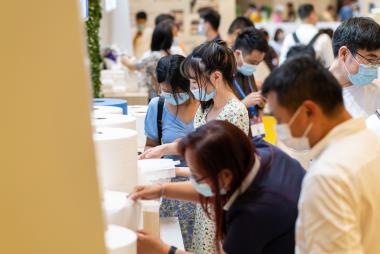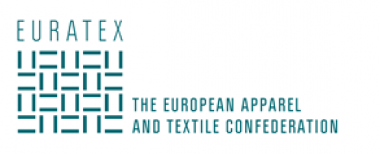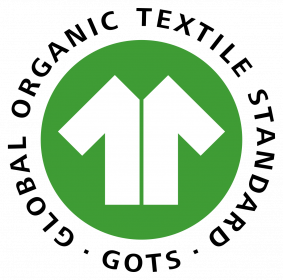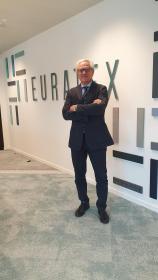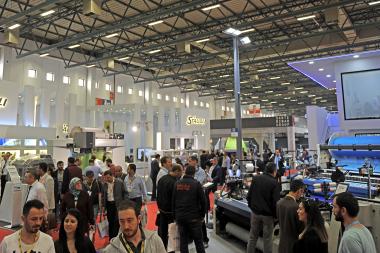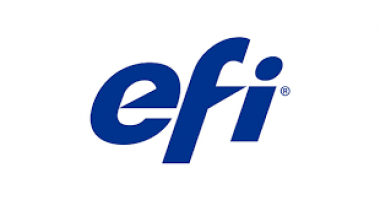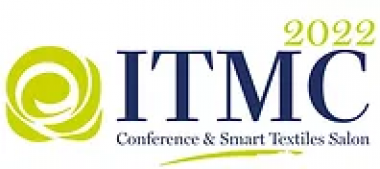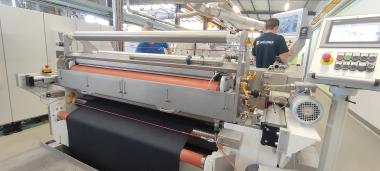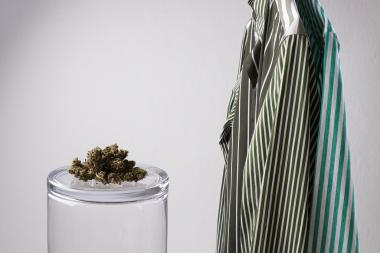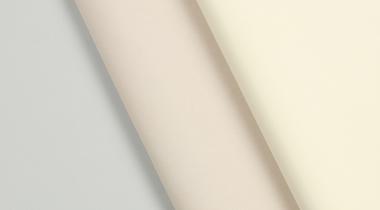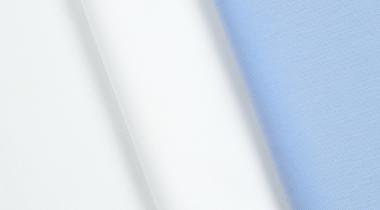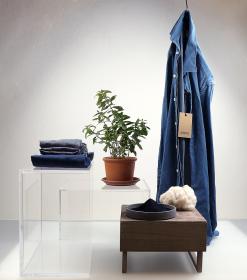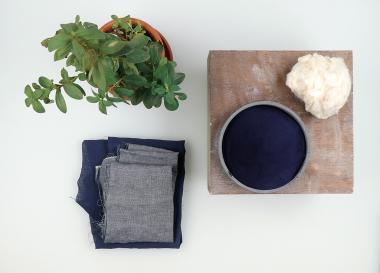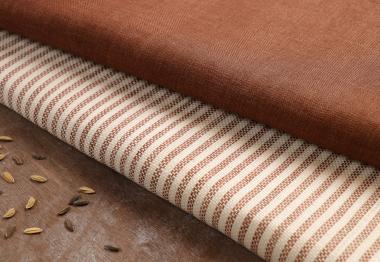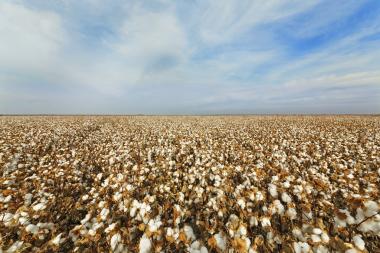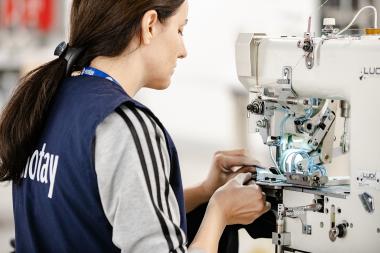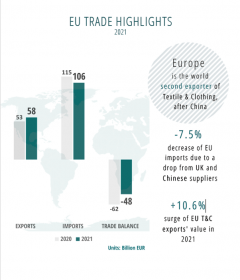NCTO: North Carolina Textile Executives highlight Importance of Industry
North Carolina textile executives spanning the fiber, yarn, fabric, and finished product textile industries participated in a roundtable discussion with Rep. Kathy Manning (D-NC), at which they discussed the innovative achievements and competitiveness of the domestic industry and outlined priority issues in Washington that impact their daily operations.
The roundtable discussion, hosted by Unifi Inc. and sponsored by the National Council of Textile Organizations (NCTO), was held at Unifi’s headquarters in Greensboro, North Carolina.
North Carolina is the second largest state employer of textile-related jobs, employing more than 30,000 jobs in 2021, according to U.S. government data. The state’s $2.7 billion in textile-related exports leads the nation, according to U.S. government data.
Congresswoman Manning’s visit comes at a pivotal time for the U.S. textile supply chain, which produced $65.2 billion in output in 2021 and employed nearly 535,000 workers. The industry has been at the forefront of domestic manufacturing of over 1 billion personal protective equipment (PPE) items during the COVID-19 pandemic.
During the roundtable, North Carolina executives showcased the industry’s important contribution to the state and the U.S. economy as well as its advanced sustainability initiatives, while outlining critical policies, such as the importance of Buy American and Berry Amendment government procurement policies, maintaining strong rules of origins in free trade agreements, supporting a domestic PPE production sector, and the need to address larger systemic trade issues with China.
“In North Carolina, the textile industry is woven into the very fabric of our state and economy, with more than 33,000 workers employed in over 600 textile manufacturing facilities across the state. In Congress, I am committed to supporting our homegrown industry by making PPE in America, protecting the yarn forward rule of origin in our trade agreements, and cracking down on China’s unfair trade practices. I am thrilled to engage with industry leaders in my district, as we discuss ways to grow the U.S. textile industry and the critical role that textile manufacturers play in our local, state, and national economy,” said Congresswoman Kathy Manning.
NCTO







